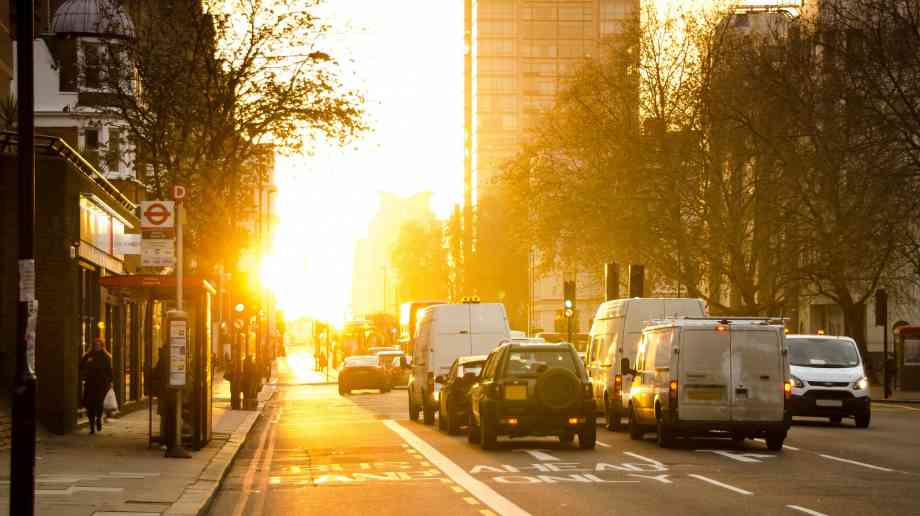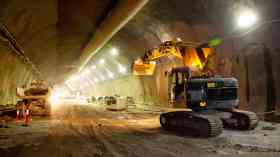Sue Robb of 4Children talks to Julie Laughton and Alison Britton from the Department for Education about the role of childminders in delivering the 30 hours free entitlement.
Clean air zones will make citizens healthier

Analysis from CBI Economics, commissioned by Clean Air Fund, shows that clean air zones in UK cities will make residents healthier and wealthier by reducing nitrogen dioxide.
By restricting the most polluting vehicles from entering the worst affected areas, clean air zones (CAZs) are projected to deliver an average 18 per cent reduction in NO2 across eight key cities. The CBI Economics analysis, commissioned by Clean Air Fund, finds this could prevent at least one per cent of deaths in local populations whilst injecting millions into local economies by saving lives and reducing illness and days off work due to NO2 exposure.
The analysis covers Birmingham, Bristol, Manchester, Liverpool, London, Newcastle, Portsmouth and Sheffield. The findings underline the health and economic case for delivering CAZs in line with UK government requirements – and the cost to human health and the economy as a result of delays in introducing them.
Poor air quality contributes towards around 19 per cent of all cardiovascular deaths and 29 per cent of all lung cancer deaths.
The report’s findings are really important incentives for the cities themselves – and CAF says that this show 250 schemes with similar goals around the world what is possible.
The analysis also suggests that the UK can build further on these gains with more expansive and targeted measures. For example, London’s Ultra-Low Emission Zone (ULEZ) – a world first – has reduced NO2 levels by 44 per cent within its boundaries already. At the same time, London remains the worst affected city in the UK, with concentrations of NO2 exceeding the limit by up to 95 per cent in its most polluted areas. The research suggests London could see an additional £48 million yearly benefit from the planned extension of the ULEZ in October this year, on top of preventing up to 614 deaths annually.
Similarly, Manchester’s extended CAZ – which will cover the entire greater Manchester region, not just the city centre – will inject at least £7.1m into the city’s economy, compared to the £1.5 million projected gain from Liverpool’s CAZ, or £1 million in Bristol. The message, the organisation says, is clear: the further the CAZs stretch and the quicker they are implemented, the greater the gains will be. These are the win-wins we need as we build back better from the pandemic, both in the UK and beyond.
The research follows a previous nationwide report Breathing Life into the UK Economy, from CAF and CBI Economics in September 2020, which found that the UK economy could benefit to the tune of £1.6 billion boost each year if it were to achieve the guidelines set by the WHO for ‘safe’ air quality.
Company Focus
Located in Bromley, Japanese Knotweed Eradication Ltd has been providing solutions in the treatment and removal of Japanese Knotweed (Fallopia Japonica) for over a decade. During this time we have mastered a repertoire of methods, from herbicidal treatments to landscaping solutions, tailored to address the unique challenges our clients face with this pervasive weed.
Event Diary
UKREiiF has quickly become a must-attend in the industry calendar for Government departments and local authorities.
The multi-award-winning UK Construction Week (UKCW), is the UK’s biggest trade event for the built environment that connects the whole supply chain to be the catalyst for growth and positive change in the industry.
Supplier Profiles
Geo Energy
At GeoEnergy Design, we're on a mission to disrupt the traditional way heating and cooling ha
Latest Features
Professor Harith Alani, director of the Knowledge Management Institute at the Open University explains how AI can be used for good and bad.
Alex Lawrence, head of health & social care, techUK sets out techUK’s Five Point Plan for CareTech.

















